The Bee Crisis
Imagining a World Without Bees and Its Consequences
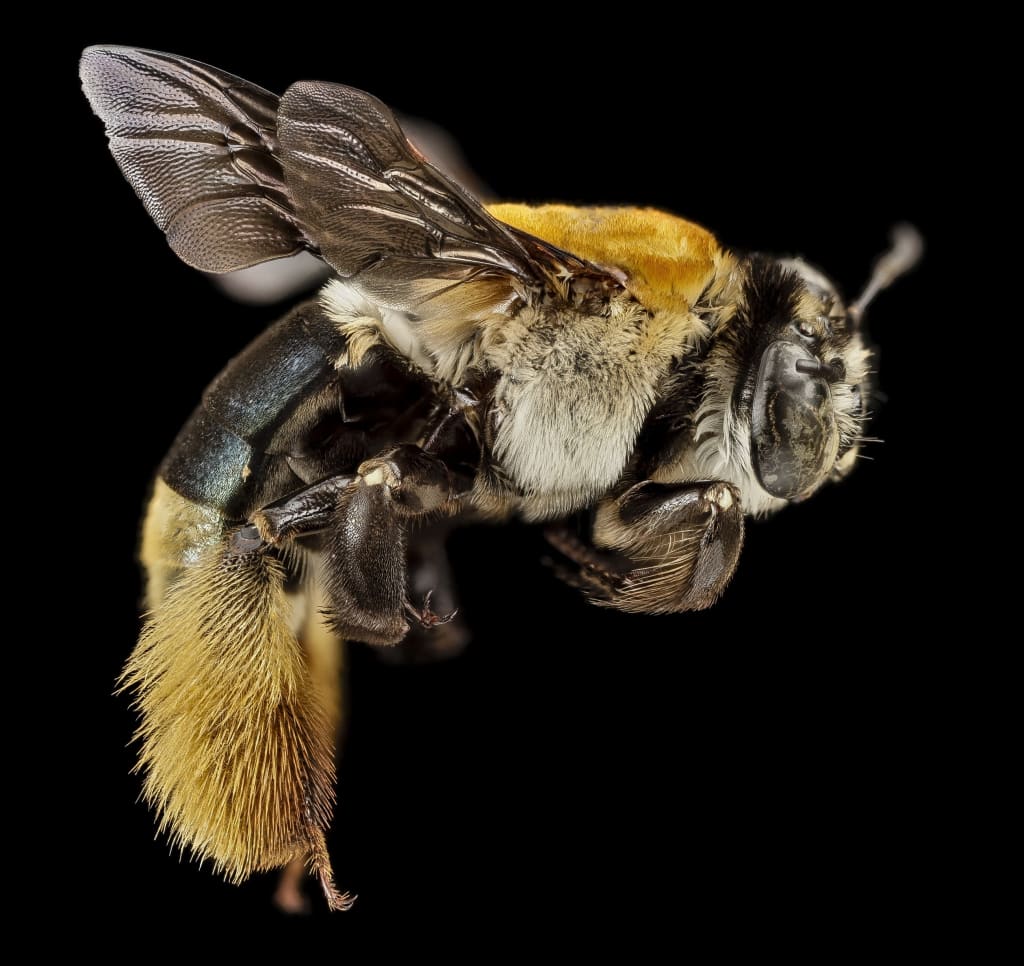
Bees, small yet incredibly vital creatures, play a crucial role in maintaining the balance of our ecosystems. They are responsible for pollinating a significant portion of our food crops and contributing to the diversity and abundance of plant life. However, in recent years, the global population of bees has been declining at an alarming rate. In this article, we explore the hypothetical scenario of a world without bees, delving into the potential consequences for our environment, agriculture, and the delicate balance of life itself.
Bees are nature's pollinators, facilitating the transfer of pollen from male to female plant parts, enabling fertilization and fruit production. Their intricate dance between flowers and hives supports the reproduction of numerous plant species, including fruits, vegetables, nuts, and seeds. Beyond agriculture, bees also contribute to the pollination of wildflowers, supporting biodiversity and the habitats of other wildlife.
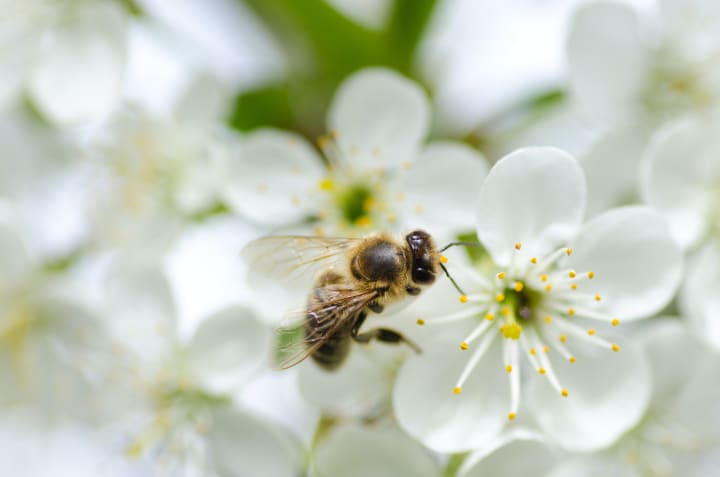
In a world without bees, the agricultural landscape would be drastically transformed. Crops that heavily rely on bee pollination, such as apples, almonds, blueberries, and squash, would suffer a significant decline in yields, leading to reduced availability and higher prices. The loss of diverse fruits and vegetables could disrupt diets, impacting nutrition and food security.
Moreover, the livestock industry, which relies on bee-pollinated crops for animal feed, would face challenges. The scarcity of feed sources could lead to higher costs of production, affecting the availability and affordability of meat and dairy products.
The consequences of bee extinction would extend far beyond food production. The absence of bees would disrupt the delicate balance of ecosystems, impacting plant species diversity and the habitats of other animals. Many flowering plants that depend solely on bees for pollination would struggle to reproduce, leading to a decline in their populations. This, in turn, could affect the animals that rely on these plants for food and shelter, causing a ripple effect throughout the food chain.
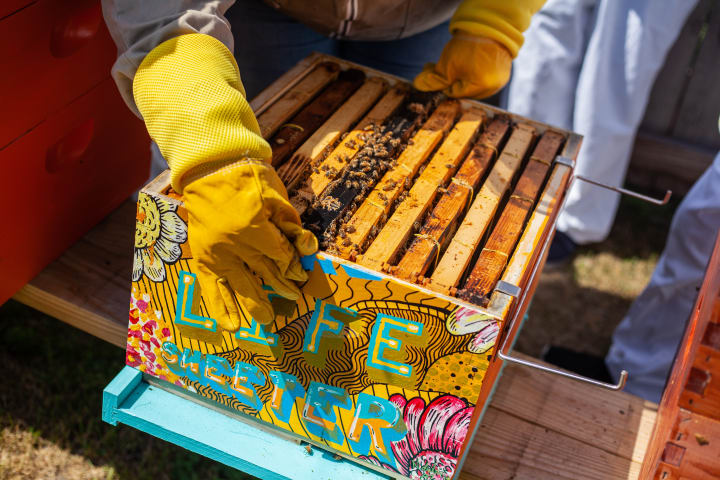
Bees are essential contributors to biodiversity. Their pollination services help sustain various ecosystems, from forests to meadows. Without bees, the loss of plant species diversity would be inevitable, as certain plants could not reproduce effectively. This loss could disrupt the intricate web of interactions among plants, insects, and other organisms, potentially leading to the decline or extinction of other species.
The economic repercussions of a world without bees would be substantial. Agriculture, an industry heavily reliant on pollination services, would face significant financial losses. Farmers would need to seek alternative methods of pollination, such as hand pollination or the use of expensive artificial pollination techniques, increasing production costs.
Furthermore, the decline in crop yields and the subsequent rise in food prices would impact global food security, disproportionately affecting vulnerable communities and exacerbating existing socio-economic inequalities.
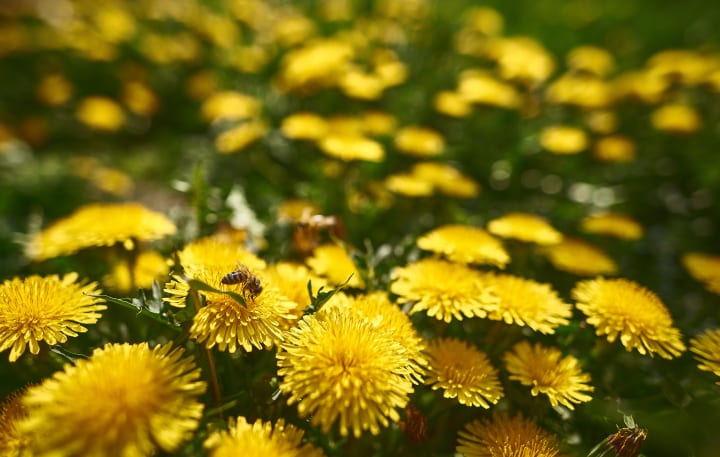
Addressing the decline of bees and their potential extinction requires collective action. Efforts should focus on reducing the use of harmful pesticides, preserving and restoring bee habitats, and promoting sustainable farming practices that prioritize biodiversity and the protection of pollinators.
In addition, the development of alternative pollination methods, such as drone pollination or the use of other insect pollinators, should be explored. While these alternatives may not fully replicate the efficiency and effectiveness of bees, they could provide temporary solutions while long-term conservation efforts are underway.
The hypothetical scenario of a world without bees paints a bleak picture of the consequences we could face. The decline and potential extinction of bees would not only disrupt food production but also have far-reaching ecological, economic, and social ramifications. Recognizing the urgency of the issue, we must prioritize the conservation of bees and take decisive action to protect these essential pollinators. By doing so, we can safeguard the delicate balance of our ecosystems, promote sustainable agriculture, and ensure a healthier future for both humans and the natural world we depend upon.
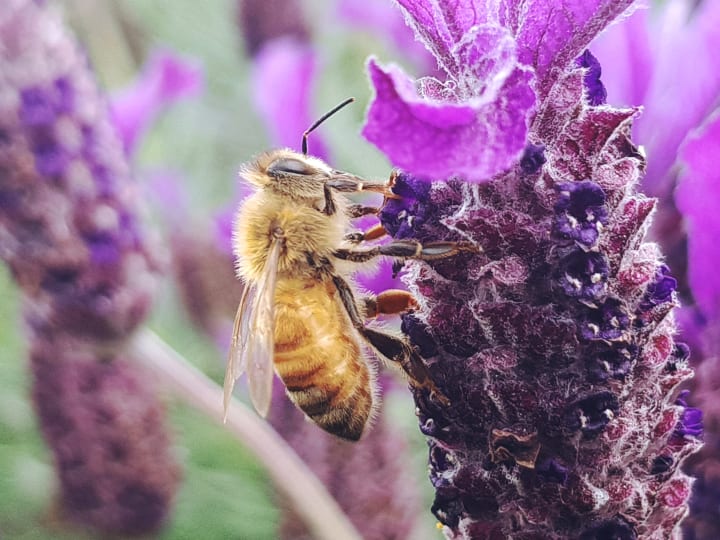
About the Creator
Robin Raikwar
Versatile writer with a passion for storytelling. Captivating readers with words, blending creativity and precision. Adapts to various genres and delivers engaging content.
Enjoyed the story? Support the Creator.
Subscribe for free to receive all their stories in your feed. You could also pledge your support or give them a one-off tip, letting them know you appreciate their work.






Comments
There are no comments for this story
Be the first to respond and start the conversation.